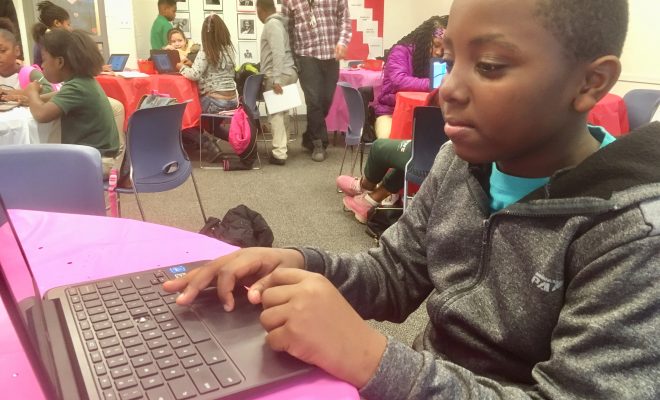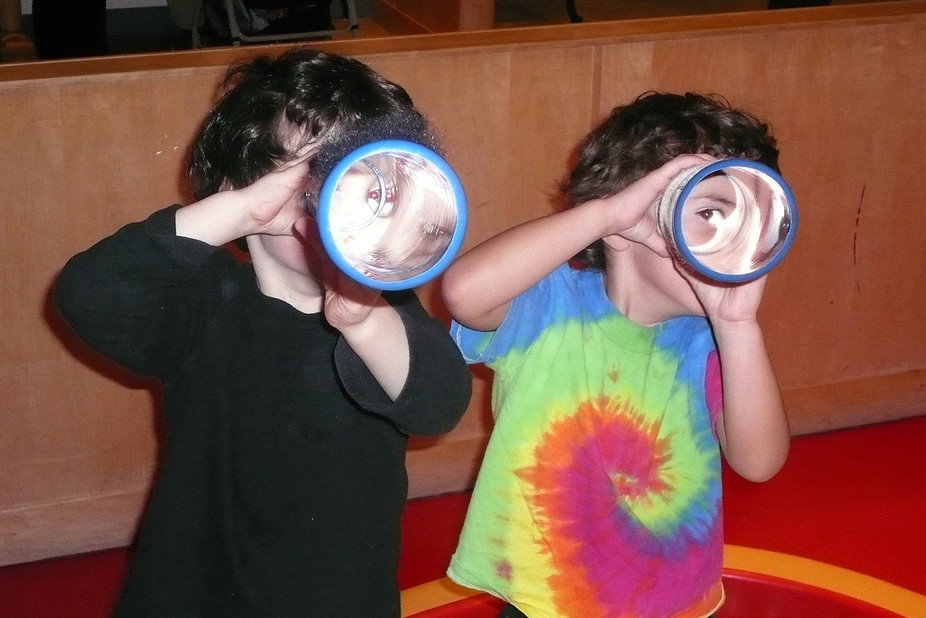How Childhood Trauma Results in Brains Wired for Fear

Today, I want to discuss childhood trauma and how it leads to brains wired for fear. As I write this article, I am thinking about a former love interest. I remember her telling me the gory details of all the childhood trauma that she endured, and it made me feel a bit guilty for having lived a relatively sheltered childhood existence.
I still cringe when I remember the story she told the story of her best friend getting killed by a stray bullet that was meant for someone else. She recounted standing there covered in blood, too scared and traumatized to move. Finally, someone from the neighborhood rescued her and got her to safety. Can you imagine seeing your best friend killed in the crossfire between two gangsters? By the way, you are only 7 years old.
She also told me the story of being sexually abused by a relative and finally telling her grandmother. The abuse stopped, but her relative was never reported to the authorities, and the family just swept it under the rug. Can you imagine having to see your former tormentor every day, and even though you know the abuse has stopped, you still must relive it repeatedly?
Also, she was raised by her grandmother, because her mother was a prostitute and drug addict who also had full-blown AIDS. During our relationship, her mother was in and out of the hospital, prison, rehab, etc., and when she attended family functions, she acted as though she was entitled, even though she was the black sheep of the family. Her behavior was quite perplexing. Finally, she succumbed to her disease and passed away. God rest her soul.
With all of the trauma that she experienced during her life, you would expect her to be a broken woman, stuck in the same self-fulfilling prophecy that doomed her mother. Thankfully, that was not her story, and she carved out a great life for herself. Today, she is married with a child of her own. Her story has a happy ending, but that doesn’t mean she was unaffected by the trauma. She had bouts of anxiety, depression, fear, frustration, and despair that could sometimes be a barrier to her living a rich and full life. Thankfully, she found refuge in religion, and it became a source of power and inspiration for her, helping her to heal her emotional and psychological wounds.
What happens to the brains of childhood trauma victims?
Research tells us that traumatic childhood events like the ones that my friend endured can result in mental health and behavioral issues for people later in life. Children’s brains are negatively shaped by traumatic experiences, which can result in problems with anger, fear, addiction, and even criminal activity in adulthood. Thankfully, my friend doesn’t experience anger, addiction, and criminal activity, but she still bears the emotional pain and scars.
Psychologically traumatic events alter the structure of the brain, changing the neural connections and activations in the brain. We have to remember that the human brain is a social organ that is molded by our experiences and shaped to deal with the environment around you. If you are in a perpetual state of fear and danger as a child, your brain will wire itself to be on the lookout for danger, but at the same time, it will attempt to suppress these stressful feelings.
Because of this, the brain tends to get confused, which leads to emotional problems and issues. When you become an adult, and your brain becomes wired for adulthood, the memories from these early traumatic events can make you hypersensitive to danger and hyposensitive to pleasure, which makes it difficult for you to enjoy life. We must remember that a child’s brain is only is in its infant stage of development and is like a new computer without any files or programs. Essentially, it is more akin to a blank slate. This is what makes a child’s brain so malleable and allows our experiences to shape it.
In a healthy environment, children only experience pleasure, engagement, and exploration. This allows you to learn, form bonds, and gain knowledge and skills. When you live in an unhealthy environment that yields lots of traumatic experiences, your mind is always in a state of terror or learned helplessness. It’s like being in a Stephen King movie 24/7, 365 days a year.
How educators should respond
As educators, we must understand how ongoing trauma affects the children that we teach. It’s hard to pay attention during a lesson when your mind is in a constant state of terror. It’s hard to complete an assignment when you don’t know if you will get killed by a stray bullet while you sleep at night. It’s nearly impossible to answer questions about quadratic equations when your stomach is rumbling.
If you want to help, do your homework and find out how these traumatic experiences hinder your student’s ability to obtain a quality education. After you complete that task, do what you can to develop strategies and interventions that will help them get back on track. Maybe you should start practicing mindfulness or yoga with your students, or maybe you should refer a traumatized student to the school psychologist or and outside mental health professional. You can make a difference in the lives of children that suffer through traumatic experiences, all you must do is take the first step.
I am not an expert on childhood trauma, so if you have any additional thoughts on the matter, just leave a comment below.






